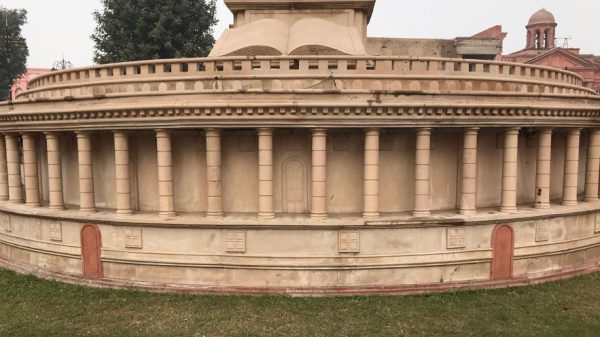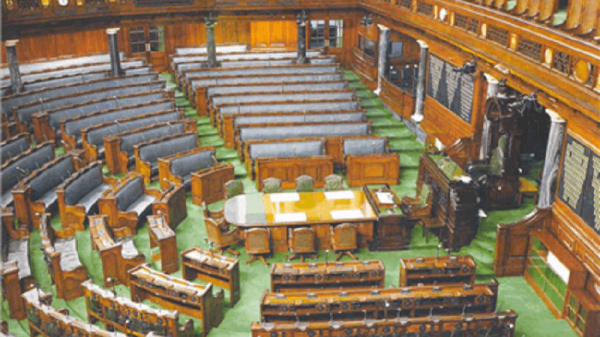The UIDAI’s request comes in the wake of recently proposed amendments to the Cinematograph Act which would give the government powers that are making filmmakers nervous.
The Unique Identification Authority of India (UIDAI) is asking for cuts to a movie named Aadhaar that has already been certified for theatrical release by the Central Board of Film Certification, the Times of India reported. Even after the clearance by the censor board, the Jio Studios-produced film ran into trouble after UIDAI officials saw the trailer in February and requested a screening, in director Suman Ghosh’s absence. The UIDAI does not have the legal authority to request these changes, and it is unclear what it plans on doing if the film is released without making the edits.
MediaNama has reached out to Ghosh for comment and has filed an RTI with the UIDAI to obtain a copy of the changes that have been requested.
Cuts requested: Ghosh told the Times of India that UIDAI officials were upset by some dialogs in the film, such as one where a villager asks if the government will intrude into their bathrooms (in the context of Aadhaar and privacy), one dialogue saying “I am Aadhaar,” modelled after Amitabh Bachchan’s “I am azaad” [free], Ghosh said. But UIDAI officials have not provided a written list to anyone, he claimed. “Although legally they can’t stop the film’s release, my producer is treading on eggshells,” Ghosh said.
Why it matters: India already has a film censorship regime that is among the most conservative in democratic countries. The CBFC requires cuts for profanity, defamation, relations with friendly states, and other such concerns. In the wake of recently proposed amendments to the Cinematograph Act (see below), pressure from other parts of the government on film censorship, though not without precedent, may obtain more power
No authority… yet
A film that has been granted certification from the censor board cannot have the board’s approval revoked so easily. The censor board itself cannot revoke a movie’s clearance unless it is ordered to do so by a court of law. But this is far from the first time a different arm of the government has tried to insert itself into the film certification process. There have even been instances where the CBFC has arbitrarily required “no-objection certificates” from people depicted in a film.
- In July 2020, the Ministry of Defence wrote to the CBFC asking that all web series and films that depict the armed forces be required to obtain a no-objection certificate.
- In August 2017, the makers of the documentary An Insignificant Man* were unable to obtain a certificate for their film on Delhi Chief Minister Arvind Kejriwal’s election campaign, because the CBFC demanded an NOC from the Prime Minister’s Office. The Film Certification Appellate Tribunal eventually overturned that demand and ordered the board to certify the film.
- In June 2017, the censor board’s then-chair Pahlaj Nihalani remarked that The Accidental Prime Minister, a film based on the book of the same name on Manmohan Singh’s premiership, would require a NOC from Singh and Sonia Gandhi, the Indian National Congress’s President.
Draft Amendments give govt power to review certifications
The draft Cinematograph (Amendment) Bill 2021 would give the government the power to order the CBFC to re-examine a certified film. The proposal has worried filmmakers, many of whom have signed an open letter to the government asking it to drop the proposal, arguing that a similar provision was struck down by the Supreme Court, and cannot be reintroduced without addressing the reasons that led to the ban. The draft also proposes new punishments for film piracy.
In April, the Film Certification Appellate Tribunal (FCAT) was abolished, meaning that if the above draft bill passes, filmmakers will suffer uncertainty even after their film is cleared, and will only be able to approach High Courts directly for recourse. While FCAT’s abolition is final, the government told the Lok Sabha that the proposed bill is not final and is still in the consultation stage.
* Disclosure: I contributed to a crowdfunding campaign for An Insignificant Man’s production in 2014.
Also read
- I&B Ministry’s Draft Cinematograph Bill 2021 Proposes More Powers For Government To Censor Films
- Citing ALT Balaji Show, Defence Ministry Asks Govt To Require NOC For Army-Related Content






















